
We are Trust Electric Heating, born and built in the UK. Our innovative Neos radiator has earned us numerous industry awards and we’re proud to be installing heating systems right across the UK. The guide below is intended to provide you with valuable, objective, guides to the advantages (and limitations) of electric central heating systems. Should you find yourself persuaded to look further, we would be happy to offer help and advice specific to your personal requirements and circumstances.
Please visit https://www.trustelectricheating.co.uk/ where you can get a quick quote or speak directly to the team. On to our guide..!
As the world shifts toward a more sustainable future, electric central heating systems in the UK are gaining popularity. But how do you navigate the sea of options to find the perfect match for your home, budget, and environmental concerns? This comprehensive guide will take you on a journey through the world of electric heating systems, exploring the advantages, limitations, costs, and various types available. Prepare to be enlightened!
Electric central heating systems provide efficient, cost-effective and eco-friendly advantages for UK homes.
Various types of electric central heating systems are available to suit different home sizes, insulation levels and energy needs.
Professional installation is recommended for safety, efficiency and cost effectiveness. Ensure the installer is registered with a trade association like NAPIT or OFTEC before making your selection.
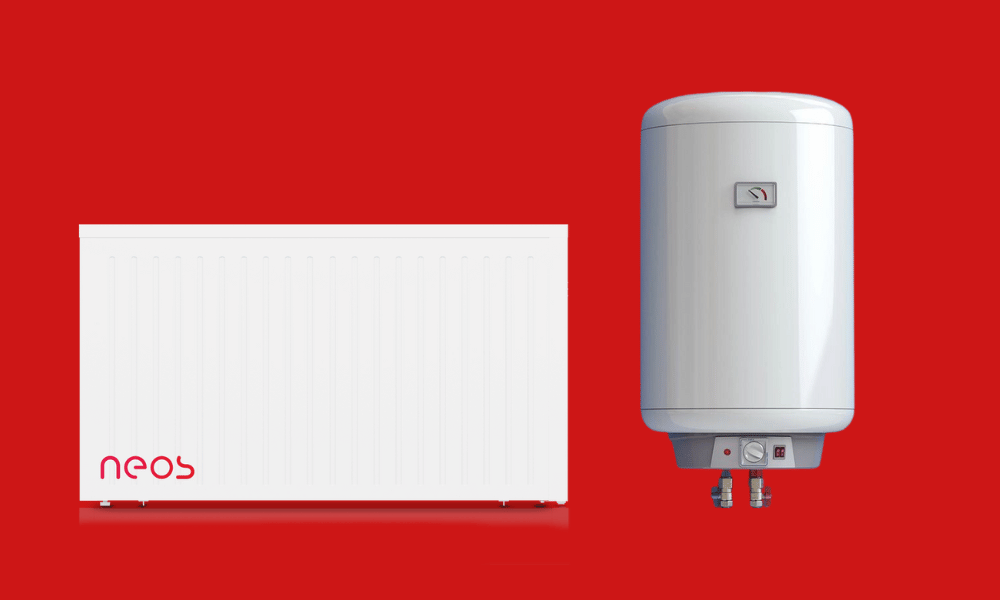
Electric central heating systems are gaining traction in the UK, as they use electricity as their primary energy source to heat homes. With the depletion of gas and oil resources projected within the next 40 years, and an increasing focus on reducing carbon footprints, electric heating is becoming a popular alternative.
Available options include electric boilers, electric storage boilers with an external hot water cylinder, electric towel rails, portable electric heaters, electric radiators and infrared heating solutions. While electric heating systems are efficient and produce no emissions during operation, the cost of electricity remains higher than other fuels.
Among the many electric heating options, electric radiators and panel heaters are types of direct electric heating. They can be costly to operate, but their costs can be offset when paired with solar energy generation and storage. Alternatively, electric thermal store boilers use electricity to heat a highly insulated storage core, transferring the heat to radiators or underfloor heating to warm the home, or to a water tank to supply hot water.
New electric heaters must be equipped with thermostats, 24-hour and seven-day programmable timers, temperature controls, and fans, while some models even feature smart heating controls. These features ensure that you have complete control over your home’s temperature while maximizing energy efficiency.
One of the key benefits of electric heating is that it does not generate any CO2 emissions during operation, making it an eco-friendly choice for home heating. Additionally, electric heaters require minimal maintenance once installed, saving you an average of £80 – £120 per year compared to the annual servicing required for gas boilers.
Electric storage heaters capitalize on more economical tariff rates through the Economy 7 and 10 tariffs, making them cost-effective for users. They provide adjustable heat output using a range of heating controls. Programmers can be used to set the temperature of the room at desirable times. Modern storage heaters boast an impressive 45% heat retention for up to 24 hours after charging, and are well insulated and feature automated controls.
Infrared heating panels offer another advantage, as they are slim and available in various shapes and sizes, allowing for easy installation on walls and ceilings. They can also be coloured, mirrored, or printed with artwork or photos to complement the existing decor, providing both efficient heating and a stylish touch to your home.
While electric heating systems have their advantages, there are some limitations to consider. One of the primary drawbacks is the higher running cost associated with electricity compared to other fuel sources. Additionally, certain types of electric heating systems, such as electric storage heaters, may not be cost-efficient.
To determine the appropriate size of electric storage heater for a room of approximately 60m3, a heater with a 3kW output should be sufficient. However, time-of-use tariffs can prove beneficial for electric heating costs, helping to offset the higher expenses associated with electricity.
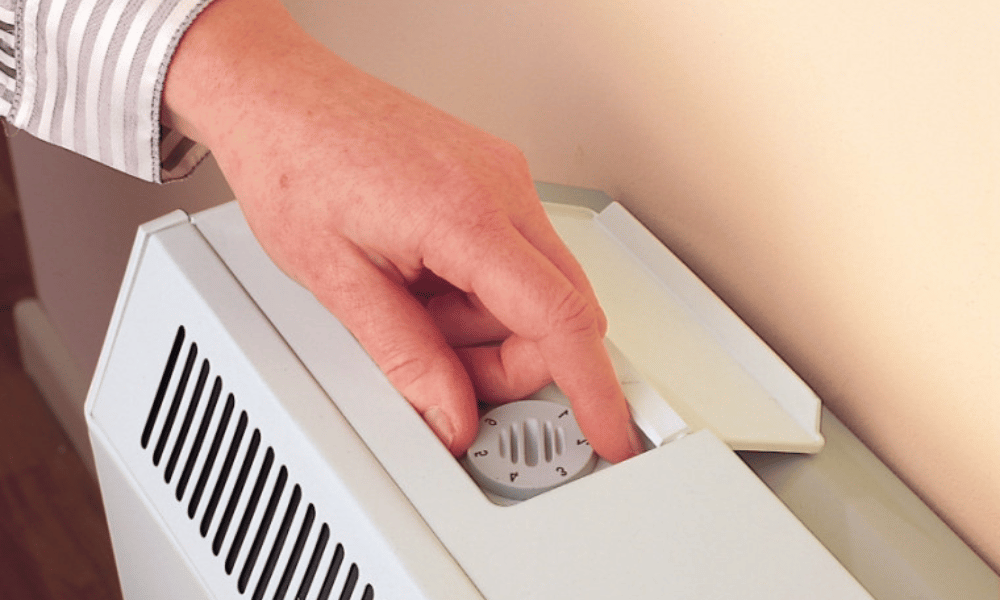
In addition to the basic electric heating options, there are several advanced electric central heating systems available, including hybrid systems, infrared heating solutions, electric storage heaters, and underfloor electric heating.
Each of these systems serves a unique purpose and offers specific advantages and drawbacks, catering to a variety of home sizes, insulation levels, and energy needs.
Hybrid systems make use of both a renewable heating system and a traditional central heating boiler. Heat pumps are widely used for this purpose. These systems offer enhanced efficiency, reduced operational costs, and minimized environmental impact.
However, hybrid heating systems can be pricier to install than other electric heating systems and may necessitate additional maintenance.
Infrared heating solutions offer direct heating to people or objects, as opposed to heating the air around them, making them more efficient and cost-effective. Panel form and underfloor heating are two solutions available. A unique option is a fabric-like wallpaper that can be plastered over and decorated.
For each cubic metre, 25 watts of electricity is necessary for infrared panels, and standard infrared panels can produce up to 900W of power. The required electricity for infrared panels may be impacted by the effectiveness of the insulation of the room.
Infrared panels are incredibly flexible, able to be used in any room. Installation is simple, requiring only minimal effort. Standard infrared panels typically range in price from £120 to £200 per panel.
Electric storage heaters are a type of heating system that stores heat overnight and releases it gradually during the day, thus helping to reduce energy costs and emissions. They function by utilizing electricity to heat ceramic bricks or metal coils, retaining warmth in the bricks or coils and releasing it gradually over time, providing a reliable and continual source of heat.
Electric storage heaters offer energy efficiency, cost-effectiveness, and a steady and consistent source of warmth. They are also simple to install and maintain. However, they can be costly to install and require a considerable amount of electricity to operate.
The lifespan of an electric boiler is estimated to be between 10-15 years.

Underfloor electric heating is a system that utilizes electrical wiring or heating mats installed beneath the floor to provide warmth. This type of heating is typically recommended for smaller spaces, such as bathrooms, that require renovation. However, underfloor electric heating must be paired with a boiler or heat pump to function effectively.
The cost of underfloor electric heating is estimated to be between £50 and £85 per square metre. While not recommended for large-scale projects, wet underfloor heating or alternative electric heating is more suitable for these purposes. Underfloor electric heating is a viable alternative to central heating radiators and is ideal for small or irregularly-shaped rooms due to its ease of installation.
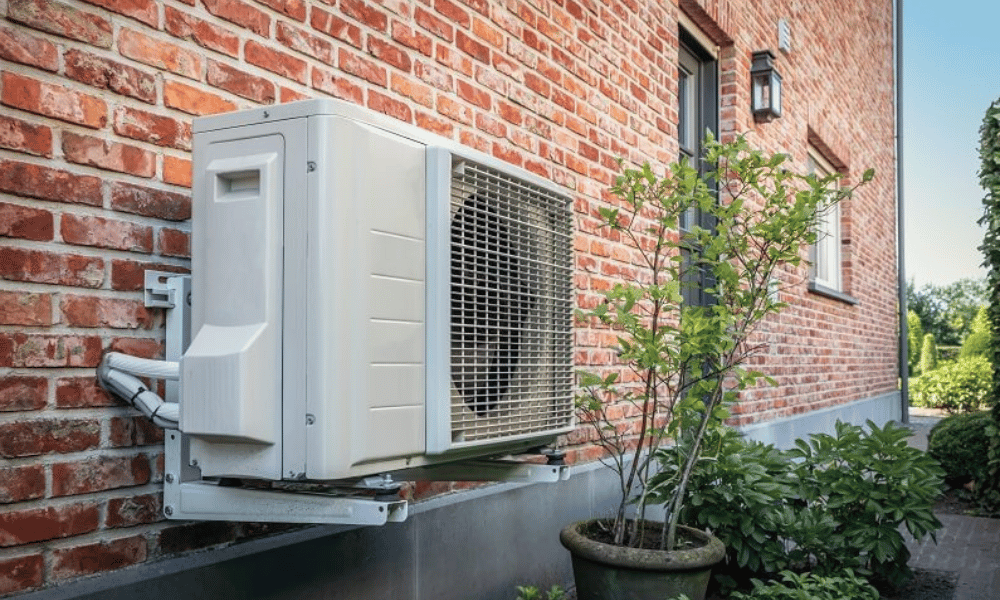
Heat pumps are efficient and can provide both domestic hot water and heating via a central system. Air source heat pumps require outdoor space and may need a hot water storage tank, while ground source heat pumps need more outdoor space and installation effort.
Understanding the specific requirements of each type of heat pump will help you make an informed decision on which system is best for your home.
Air source heat pumps utilize the external air to heat the home. A fan draws in the outside air and passes it over a heat exchanger, which extracts the heat and transfers it to the refrigerant. The refrigerant is then compressed, increasing its temperature, and the heated air is eventually circulated through the central heating system. Air source heat pumps are highly efficient and low-carbon heating systems, but their seasonal efficiency may fluctuate.
There are two main types of air source heat pumps: air-to-air and air-to-water. Air-to-air heat pumps use air conditioning to directly heat the air. On the other hand, air-to-water heat pumps provide hot water and heat through a central heating system.
Seeking professional advice before installing an air source heat pump could save time and money in the long run. A professional maintenance check of an air source system should be conducted at least annually and twice a year if it is also used for cooling.
Ground source heat pumps (GSHPs) extract heat from the ground and use it to provide heating and hot water for radiators, underfloor heating systems, and domestic hot water. These systems have an impressive efficiency of 300% to 400%. A blend of water and antifreeze is pumped into pipes buried around 2 metres beneath the ground, where the subterranean temperatures warm the liquid. The liquid is heated first and then sent to a heat exchanger. The heat exchanger transfers the heat to a gas refrigerant. The gas is heated by a compressor. This heated gas is circulated through the central heating system.
The upfront cost for a vertically installed ground source heat pump for a 4-bedroom home can amount to approximately £21,000. Around 600m2 of pipes are typically required for a three-bedroom house, and an outdoor area between 300-700m2 is needed for horizontal GSHP pipes. Additionally, a hole of at least 6 metres must be dug for 50-150 metres of pipes for vertical GSHP installation. The soil must be suitable for the vertical GSHP installation. Its composition must be able to match the heating needs of the home.
Ground source systems, conversely, only necessitate maintenance inspections every 3-5 years.
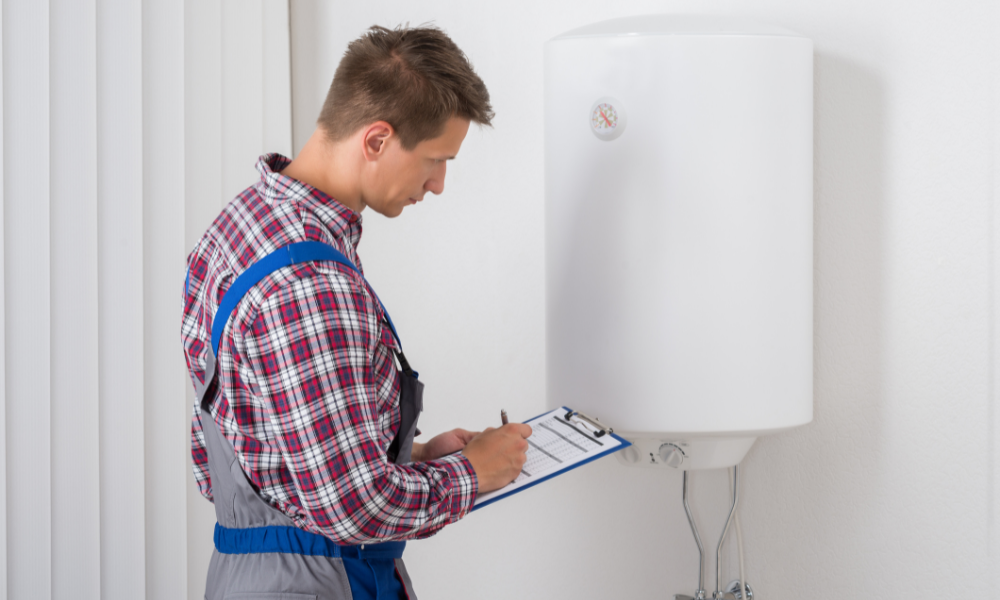
While selecting the ideal electric central heating system for your home, it is essential to consider both the installation and electricity costs involved. Factors such as the type of system, size of the residence, and geographical location will influence these expenses.
By analysing the costs associated with various electric heating systems, you can make an informed decision based on your budget and energy needs.
The initial cost of electric central heating can vary depending on the type of system and the size of the property. It is estimated that the cost of installation can range from £3,000 - £7,500, depending on the fuel source.
On average, heating and water using electricity costs between £750 to £800 in the UK. When considering installation costs, factors such as the existing property or new-build status, the current heating system, and the geographic location should be taken into account.
The running costs of electric central heating in the UK vary depending on factors such as the size of the property, insulation, and the type of electric heating system. Generally, electric heating is cost-effective to install and maintain, and helps reduce your carbon footprint.
The cost of running electric heating depends on the wattage of the heater and the length of time it is used. For instance, a 2kW fan heater would cost 68p an hour to run on full power.
Electric storage boilers offer the Economy 7 or 10 tariffs, which enable you to heat water during off-peak times, thereby taking advantage of lower tariff rates. This can help you save on your energy bills and make your electric heating system more cost-effective.
Electric central heating systems typically have low maintenance costs and do not necessitate an annual boiler service, in contrast to gas central heating systems. Nevertheless, it is still advisable to have your electric boiler serviced annually to guarantee it is functioning dependably and securely.
Electric central heating systems generally have a lifespan of between 10 and 15 years, depending on the type of system and how well it is maintained. Regular servicing and maintenance can help maximize the longevity of your electric central heating system.
Selecting the right electric heating system for your home involves considering factors such as home size, insulation, and energy needs. Direct electric heating can be cost-effective for well insulated or small properties, while larger homes may benefit from hybrid systems or heat pumps.
By evaluating these factors and understanding the advantages and limitations of each system, you can make an informed decision based on your specific requirements.
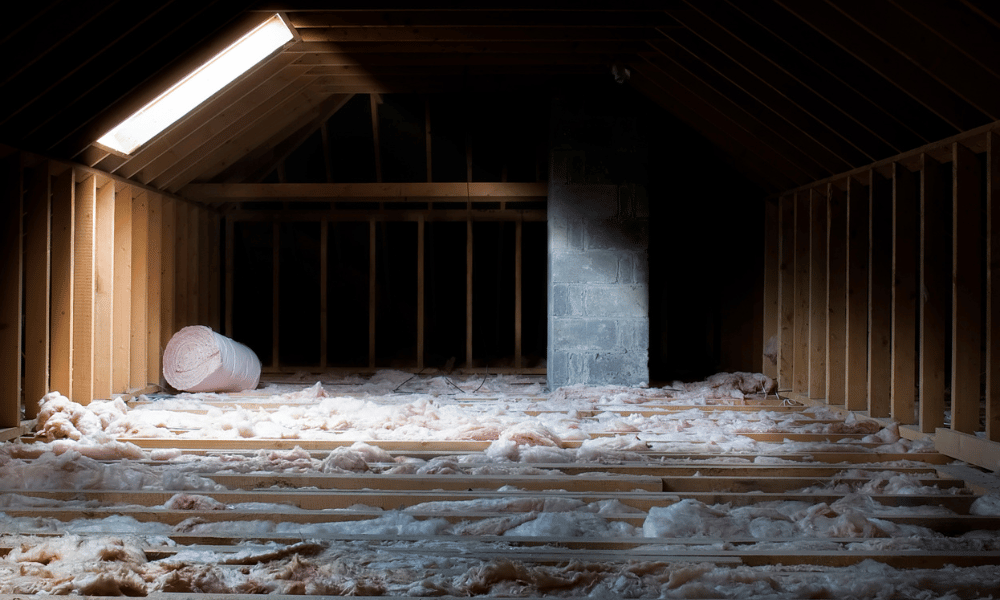
The size of your home and the quality of its insulation play a crucial role in determining the most suitable electric heating system for your needs. Electric combi boilers, electric panel heaters, and electric radiators are all suitable options for small homes. Additionally, infrared panels and storage heaters are known to be economical.
Each type of electric heating system has its own set of advantages and disadvantages, so it is essential to consider the specific needs of your home when making a decision.
Your budget and energy needs are also important factors to consider when selecting an electric heating system. Electric radiators are an economical choice for those with a limited budget, while other options such as infrared panels and storage heaters may provide greater energy efficiency and cost-effectiveness.
Ultimately, the most suitable electric heating system for your home will depend on your unique circumstances, including your budget, energy needs, and the size and insulation of your property.
When choosing an electric heating system, it is also essential to consider its environmental impact. Heat pumps are the most eco-friendly electric heating system for UK homes. They are powered by a clean and sustainable energy source, do not emit any greenhouse gases, and their efficiency remains consistent at all times.
By selecting an environmentally friendly electric heating system, you can contribute to a more sustainable future while still enjoying the benefits of a comfortable and warm home.
To ensure a successful electric heating system installation, it is important to follow some key tips, such as getting quotes from multiple installers, checking your electricity meter and tariff, finding a trade association registered installer, and being cautious of pressure sales tactics.
These tips can help you find a qualified installer and receive a fair price for your electric heating system installation.
While DIY installation of an electric heating system may seem like a cost-effective option, it can be dangerous and result in improper installation, leading to higher energy bills, safety hazards, and costly repairs.
Professional electric heating system installation, on the other hand, guarantees safety, efficiency, and correct installation of the system, resulting in long-term advantages such as lower energy bills and decreased maintenance needs. Therefore, it is highly recommended to opt for professional installation rather than attempting a DIY project.
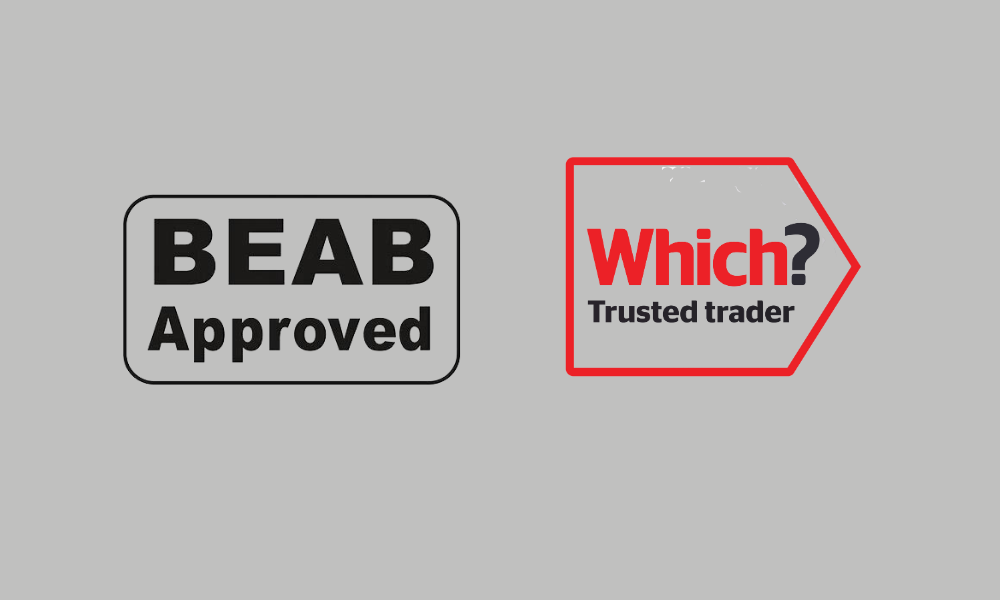
When searching for a qualified installer for your electric heating system, it is essential to find a trade association registered installer. These installers adhere to the code of practice of the association, ensuring the delivery of a high-quality service and minimizing the risk of improper installation.
To identify a qualified installer, look for those registered with a trade association such as NAPIT, BEAB, or Which Trusted Trader.
Before selecting an installer for your electric heating system, it is important to request quotes from at least three different installers and compare their prices and services. Additionally, be mindful of pressure sales tactics, such as high prices with large discounts or discounts only available if a contract is signed immediately.
By obtaining multiple quotes and comparing your options, you can ensure that you are getting the most competitive price and the best service for your electric heating system installation.
In conclusion, electric central heating systems offer a variety of options to suit different home sizes, insulation levels, and energy needs. By understanding the advantages, limitations, and costs associated with each type of system, you can make an informed decision on the best electric heating system for your home. With the right system, professional installation, and ongoing maintenance, you can enjoy a comfortable, warm, and eco-friendly home for years to come.
Electric central heating systems can be more expensive to run than other types of heating, although some energy-efficient models offer savings over the long term. Heat pump systems are even more efficient, but involve a higher initial outlay.
To get the best value for money, carefully consider all the options available.
Based on the most common advice among answers, it appears that electric central heating is a system of pipes and radiators powered by an electric boiler, which is the same as a conventional central heating system.
Therefore, yes, there is an electric central heating system.
For the most efficient electric central heating, Infrared Panels are highly recommended. This type of system directly transfers heat from the heater to whatever it is facing, rather than warming the air, and helps reduce energy costs for homeowners.
1 Oct 2022 is the deadline for the installation of this system in order to qualify for the government’s energy efficiency grant. This grant can help offset the cost of the installation and make it affordable.
Electric central heating installation typically costs between £3,500 and £5,500 in the UK. These costs are based on factors such as the type of boiler, radiators and heating controls required.
Ultimately, electric central heating could prove to be a cost-effective long-term investment with potential savings of up to 30%.
Tags: General Guides.

If you are considering electric heating/electric radiators, then this guide tells you everything you need to know. Discover this modern, sustainable and economical method of heating that gives you complete control and comfort. Download Free Guide now.

*Trust Electric Heating needs the contact information you provide to us to contact you about our products and services. You may unsubscribe from these communications at any time. For information on how to unsubscribe, as well as our privacy practices and commitment to protecting your privacy, check out our Privacy Policy.
Quick installation and a 100 day warmth guarantee. Whether you’re buying one or several radiators, if our radiators don’t heat your room to a minimum of 20 degrees we will undertake to upgrade or replace the radiators free of charge.
Book your free consultation